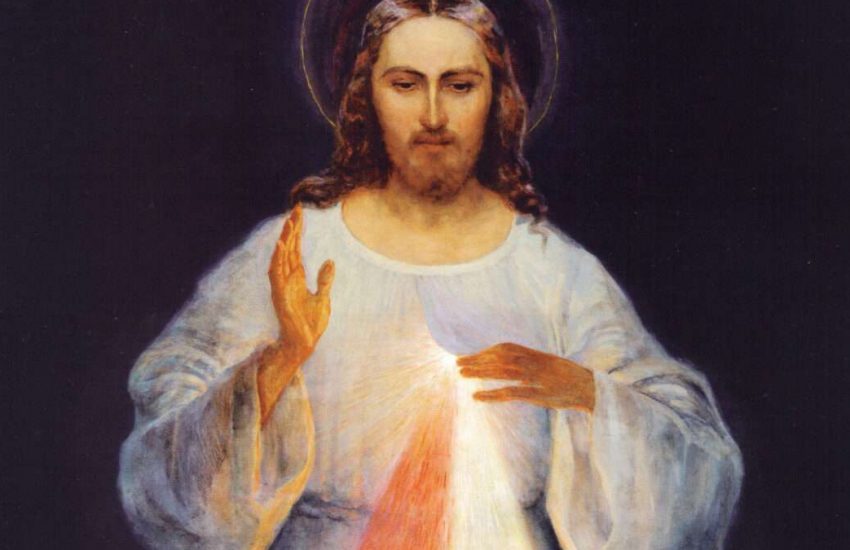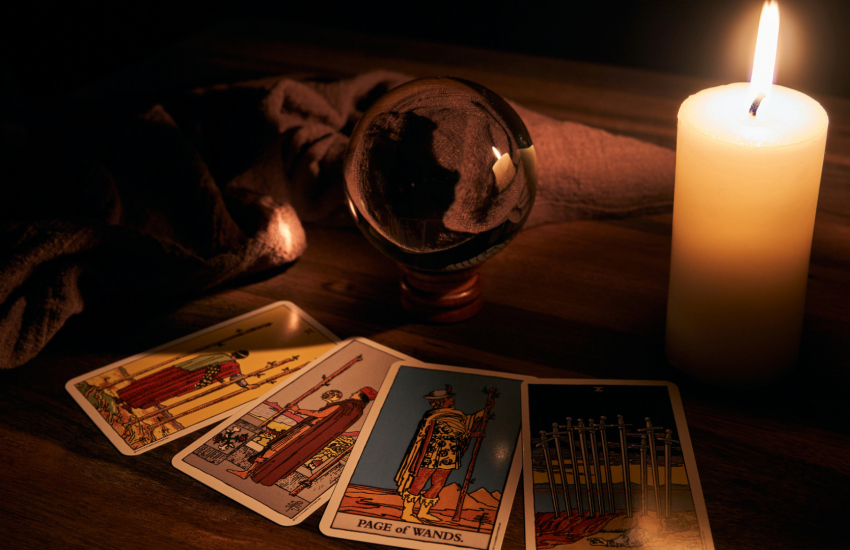Gospel For Today – 21st Sunday of Ordinary Time
REMINDER: Our small group scripture studies begin this week – have you signed up for one?
TWENTY-FIRST SUNDAY OF ORDINARY TIME
This week, two-for-one.
First, the gospel reading. Today's reading from Lk 13:22-30 continues the "hard saying" tone of week's reading where Jesus talks about setting the world on fire and causing division. This week it's "wailing and grinding of teeth." Jesus speaks of those locked outside of the Lord's house knocking and begging to be allowed in, and the Lord saying, "I do not know where you are from. Depart from me all you evildoers!"
All this harsh talk was prompted by one question put to our Lord. How many will be saved? Whenever Jesus is asked this sort of question, He never gives a direct answer. Instead, He turns the attention back on the questioner and makes it personal. In this case Jesus instructs him to "strive to enter the narrow gate." It is as if our Lord is saying, "Look, don't worry about eternal population demographics. Worry about your soul."
We can become obsessed with the numbers. Despite the fact that even people who asked the Lord face to face did not get a direct answer, some theologians today still debate the issue of how many will be saved. Some believe that number will be very, very small. You can certainly understand how this conclusion could be drawn from the words of Christ such as we read today. "[M]any, I tell you, will attempt to enter and will not be strong enough." Others believe in universal salvation; that the mercy of God is such that even the worst unrepentant sinner will be accepted into heaven in the end somehow. They teach that hell does not exist; or if it does exist, it is empty.
Certainly this latter view is attractive. Who wants to think of the possibility that not all of their friends and relatives will be saved? Who does not want to find comfort in knowing that however imperfect one's life has been, in the end God will still accept you through the pearly gates? Everyone wants to get to heaven, so who wouldn't want it to be easy? The problem with this view, however, is that it ignores all the passages of Scripture like the ones we read today. And there are many of them. Indeed, Jesus talks about hell more often than He speaks of heaven. If there is one thing we know for certain about hell it is this: Jesus wants us to believe in it, and He wants us to have a healthy fear of ending up there. The thought should make us shudder. It should help keep us on the narrow path.
So why can't God just save us all? Why can't there be universal salvation? Why would a merciful and loving God create a world in which some of the people He created would be damned for all eternity? It all goes back to the basic question, why is there evil in the world? Once we accept the truth that God does not create evil, but we do through sin, the next question is usually, so why does God allow us to choose evil? Why didn't God make us so that we would always choose the good? Wouldn't that have been better for everyone?
The surprising answer to that question is because that's not what love does.
God created us with a rational mind and a free will. This gives us both the capacity to know and understand, and the capacity to choose. We can choose good or evil. We can choose to accept God or reject Him. And we can rightly be held responsible for our choices. Why is this a loving act? Because love asks, it does not demand. Love invites, it does not coerce. Love beckons, it does not bind. God is a lover, not a rapist. He would never force Himself on someone that did not want Him. Hell, as horrible as it is, is part of God's love. He gives His loved ones the freedom to reject Him – that is hell – and as bad as hell is, the option of choosing hell makes the prospect of heaven that much more sweet. Every soul in heaven is there because it said "yes" to God, freely and willingly. Every soul in heaven is there because it wants to be there, because it chose to respond to God's love with love. The souls in hell are there not because God does not love them, but because they chose to respond to God's love with hatred.
God never ceases to love us. We are sustained by His love constantly. If He ever stopped loving us, we would simply blink out of existence. The question of heaven or hell is not determined by whether God loves us enough, but rather our decision to love Him enough. He allows us to make that decision freely, because He loves us.
HUMAN SEXUALITY AND THE CATHOLIC CHURCH
Now for part two. A couple of our CCM students this semester are taking a class on human sexuality. Apparently on the very first day of class one of the topics discusses was… you guessed it, the Catholic Church! According to one student's notes, the professor said the Catholic Church teaches that sex is for reproduction, not just for pleasure.
Well, no arguments there. That is true as far as it goes. But it is certainly not the totality of the Church's teaching about human sexuality. I learned that much about sex in middle school biology, long before I was a Catholic.
The Church, following the natural law, teaches that the sexual act in fact has two purposes, described in the Catechism of the Catholic Church as, "the good of the spouses themselves and the transmission of life" (CCC 2363). These two ends are generally referred to as the unitive and procreative aspects of sex. Anything that attempts to thwart either of those two ends undermines the natural purpose of the act itself and is therefore immoral. (This is why the Church teaches that things like contraception, adultery, fornication, homosexual acts, etc. are sinful).
Note that the two purposes of the human sexual act are reproduction and union, not reproduction and pleasure as our professor puts it. I would argue (and I believe I have the teaching of the Church supporting me in this) that both the unitive and reproductive aspects of the sexual act have the capacity to produce great pleasure if they are sought with love.
All too often people dismiss the Church's position on sex as being purely biological; she is accused of reducing women to breeding chattel. They can only make this accusation if they willfully ignore the Church's own teaching. What the Church actually teaches is this: "Sexuality, by means of which man and woman give themselves to one another through the acts which are proper and exclusive to spouses, is not something simply biological, but concerns the innermost being of the human person, as such" (Familiaris consortio 11).
She teaches that the human sexual act is "noble and honorable" (Gaudium et Spes 49) and that "sexuality is a source of joy and pleasure" (CCC 2362). This is not some new teaching of the Church, only introduced since Vatican II. On Oct. 29, 1951, Pope Pius XII said that God Himself made the sexual act so that "spouses should experience pleasure and enjoyment of body and spirit. Therefore spouses do nothing evil in seeking this pleasure and enjoyment" (qtd. in CCC 2362).
Simply put, Catholics are not Puritans. We do not, as some believe, look upon sex as a necessary evil which husband and wife must sometimes engage in to bring new Catholics into the world. This is not our teaching at all.
But nor do we believe as the world believes today; that the primary purpose of sex is for personal physical pleasure, that children are a secondary purpose at best (usually looked upon as a byproduct to be avoided if possible), and that the only rule is mutual consent.
The difference between the Church and the world is that the world views children as an optional aspect of sex which can be chosen or not chosen, whereas the Church views children as an integrated and inseparable part of the whole of human sexuality. "A child does not come from outside as something added on to the mutual love of the spouses, but springs from the very heart of that mutual giving, as its fruit and fulfillment" (CCC 2366).
Sex. Children. Marriage. These three are seen by the Church as one integrated good. Remove any one from the equation and you do damage to the whole.
In closing, all of the above quotes I provided can be found in the Catechism of the Catholic Church. This is an indispensable resource that every Catholic college student should have on their desk. If you do not have one, order one; it is worth the investment. Learn to use it. Become familiar with the index, the glossary, and the texts cited. It is your go-to resource whenever you have a question on what the Church really teaches. (You can also access the text free online).
May the Lord bless you and keep you!
Matt
—


WCU Catholic Campus Ministry
Matthew Newsome, MTh, campus minister
(828)293-9374 | POB 2766, Cullowhee NC 28723


